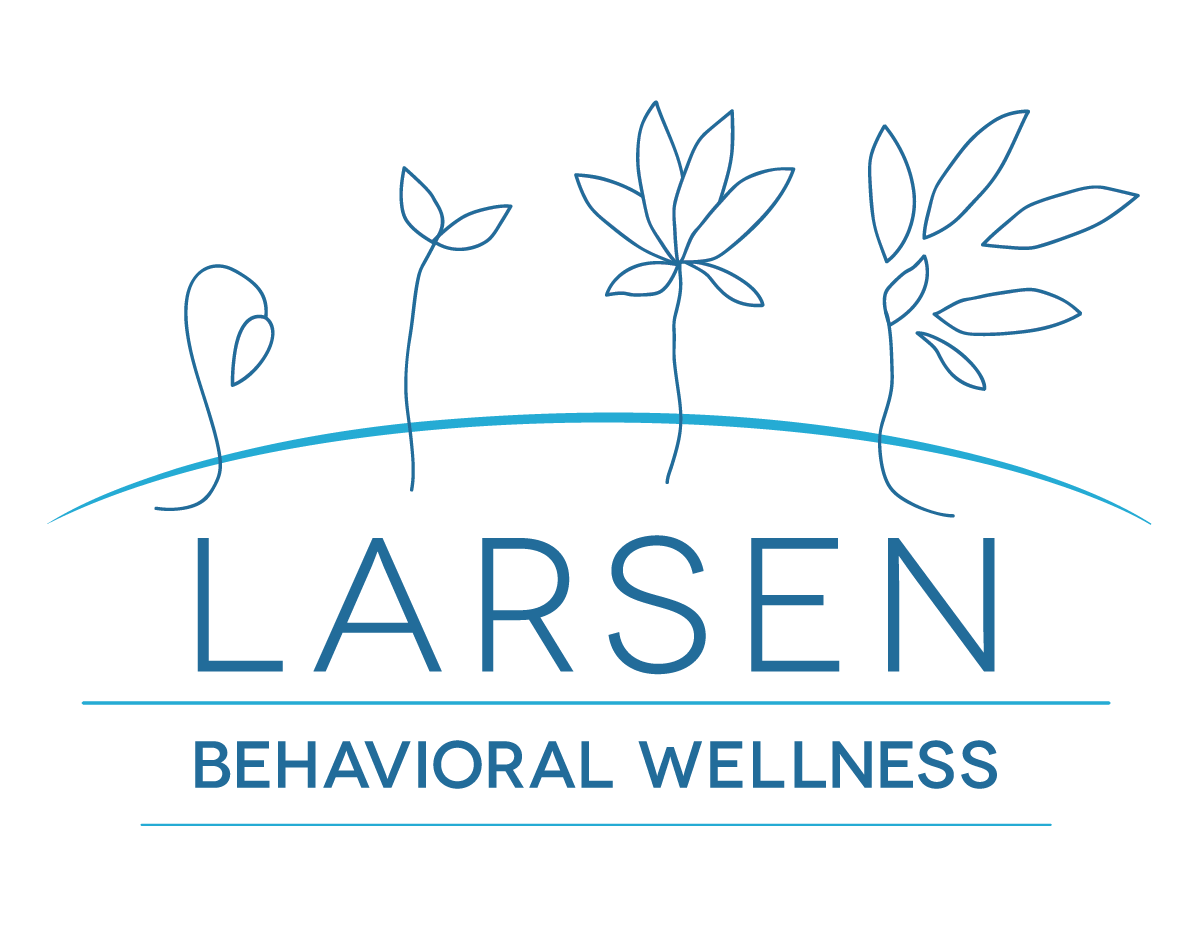ADHD Treatment
Do you find your child has trouble concentrating?
Are they easily distractible?
Do they lose their train of thought?
Do they get lost in conversations or have difficulty following directions?
Are they disorganized?
Or perhaps your child is very active and has trouble sitting still?
Attention issues are very common in today’s world. In fact, approximately 5% of children meet diagnostic criteria for an attentional issue. Attention Deficit Hyperactivity Disorder (ADHD) (formerly known as ADD) is a disorder of the brain characterized by disruptions in attention and reward processes.
Children with ADHD may seem distracted, aloof, and spacy, or they be very active, have difficulty sitting still, talk excessively, and have difficulty waiting their turn. ADHD is a difficult condition to live with for kids and families, but it can be managed effectively.
Therapy for ADHD is personalized for a child’s developmental level.
During your first appointment, a thorough assessment will look for signs of ADHD and other mental health conditions. A family history will be taken and, with parents consent, teachers and other caretakers will be interviewed for additional information.
For young children, family members are typically very active in treatment. The therapist will identify ADHD related target behaviors to address with the family. Parents will learn skills and tools to help reduce disruptive behavior while promoting more positive, helpful behaviors in their child. Over time, the therapist and family members work together to address triggers to disruptive behavior and formulate appropriate responses to reduce their occurrences.
For pre-teens and teens alike, Cognitive Behavioral Therapy (CBT) is often used to treat ADHD. IN CBT therapy, clients explore problematic thinking patterns, behaviors, and feelings. CBT teaches teens with ADHD new skills and strategies to overcome their attentional limitations and overactivity. For instance, a teen with ADHD may learn new strategies of organizing and planning to help with their homework assignments and school projects. In CBT, a therapist will work to teach the client specific, research-based strategies and then implement them in session to ensure mastery. Over time, therapy addresses organizational, emotional, and social issues that are associated with ADHD.
My child is too disruptive to come to therapy.
Children who have difficulty sitting still and listening to directions are often disruptive. That does not mean that kids will misbehave in therapy, and even if they do, our therapists have tools to address those behaviors. Our therapists are masterful at engaging all children in highly stimulating therapy activities and games which both entertain and educate children. Therapy can also be adjusted to meet the specific needs of the child. Therapists may recommend shorter (30 min) sessions to maximize the use of therapy time.
We don’t want our child to be on medication.
It is very common for parents to come to our clinic when they are trying to avoid putting their child on stimulants. We are not prescribing providers, and thus we do not make stimulants a focus of our treatment approach. If we think your child would benefit from medication, we will discuss this with you and refer you to a local child psychiatrist or psychiatric nurse practitioner. For some children, stimulants are unnecessary. For others, stimulants are life changing. It is a decision that ultimately parents make in consultation with their treatment team.
Why therapy? My child is just being difficult. Isn’t this something they will grow out of?
For most parents, it is frustrating to have a child that does not listen. It can be tempting to jump to the conclusions that there is a character flaw that is causing your child to act defiantly or that it is just a phase that they will eventually grow out of on their own. Simply stated, that may just not the case. ADHD is a lifelong disorder. Kids will not just grow out of it but they can learn to live with it if given the appropriate tools.
Therapy can help parents and children understand how differences in children’s brains can lead them to act difficult, defiant, and spacey. Our goal in therapy is to your help you understand the biology behind your child’s behavior while teaching you tools to adapt their environment so they can harness their raw intellectual powers. The good news is that ADHD can be managed and does not need to be a reason for kids’ failure at school or with peers and adults. Indeed, most children with ADHD will go on to become successful productive adults. The key is to intervene early and provide ongoing support so that ADHD does not get in their way.
Take the first step NOW!
You may be wondering if today is the right day to reach out for help. We invite you to call us on (201) 639-3361 for a free phone consultation to discuss your concerns and decide whether we are the right fit for you. We have several expert ADHD therapists in our group with their own unique areas of specialization. When you call, we will walk you through the intake process and match you with the best therapist for your concerns.
Why wait? Call today and take the first step in your journey towards wellness.




